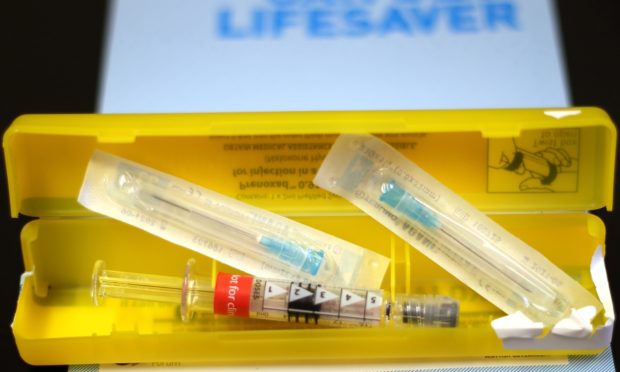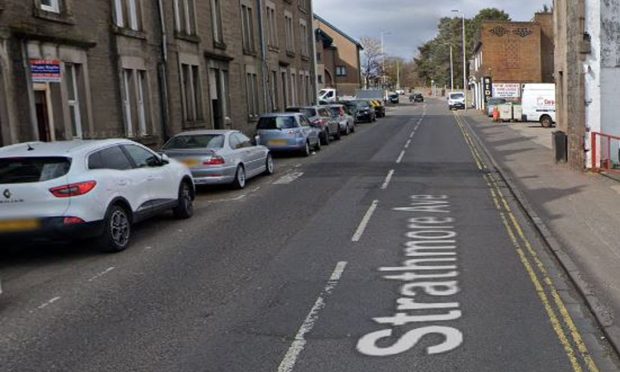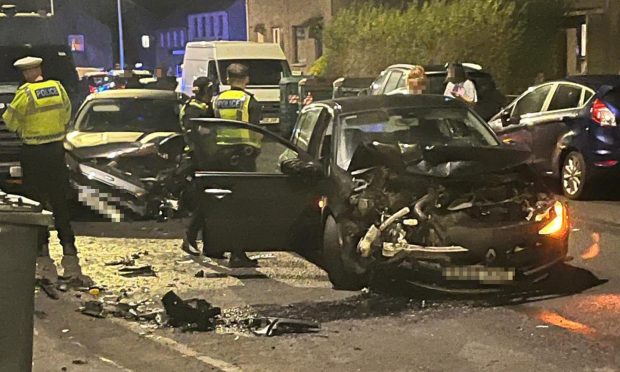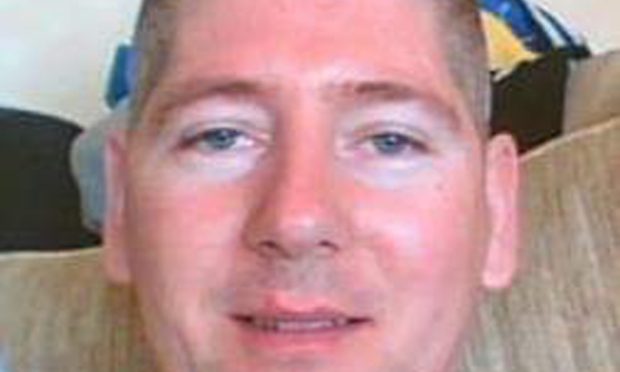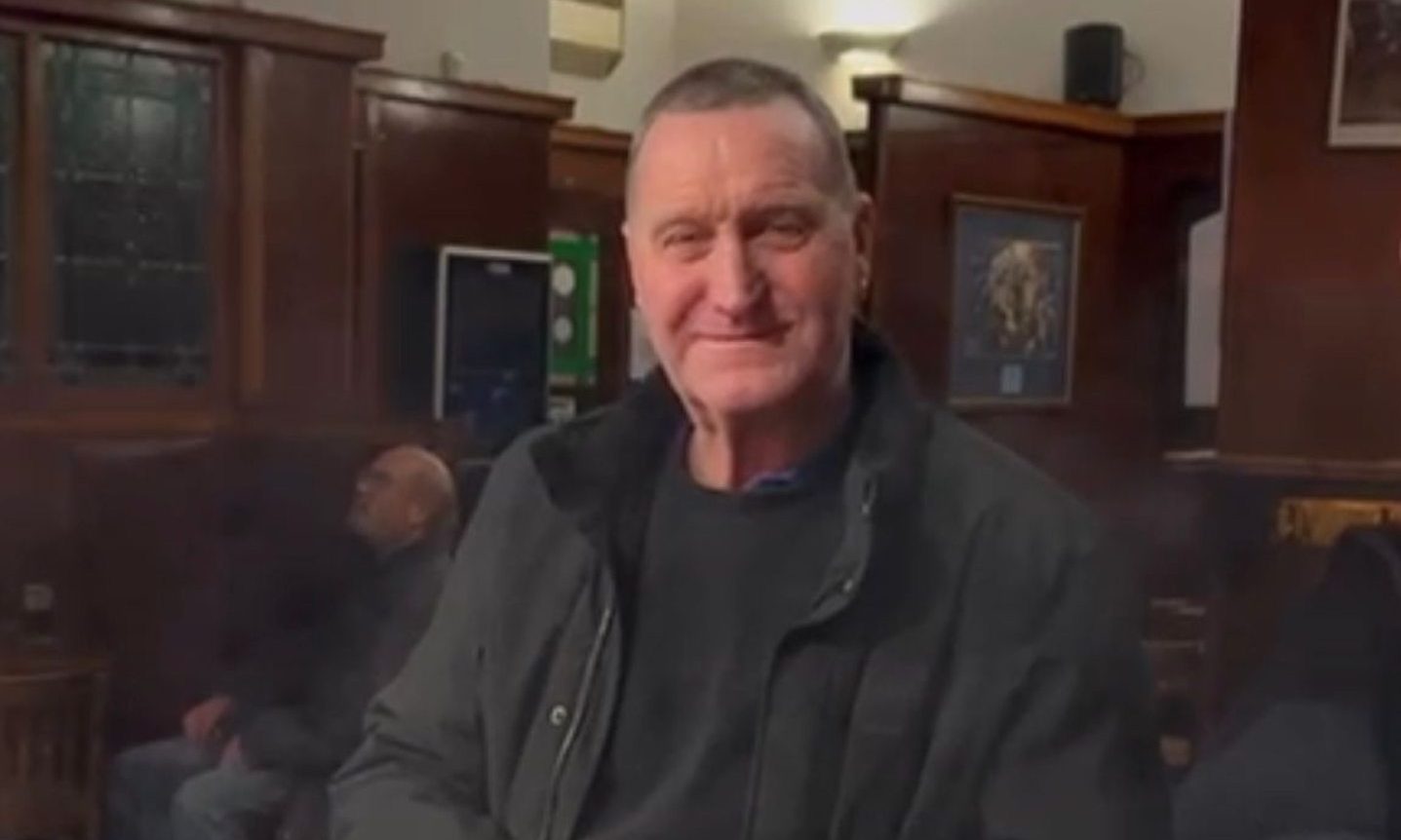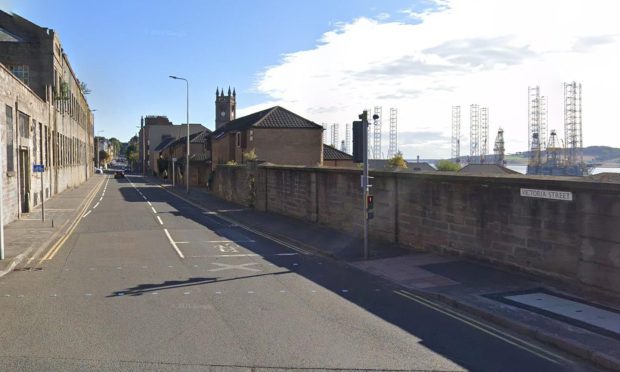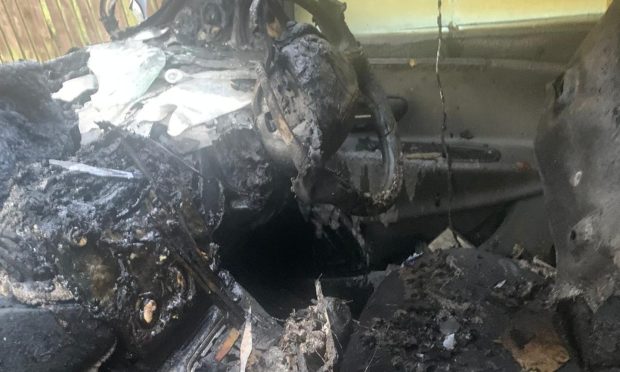The body representing Scotland’s frontline police officers has branded a pilot project which will see Dundee officers equipped with an emergency antidote for drug overdose victims a “sticky plaster” PR exercise.
The city is one of three areas selected for a trial in which officers will carry the nasal spray Naloxone, which counters overdose effects of opiods such as heroin.
Alongside Glasgow East and Falkirk, Dundee will be involved in the six-month pilot programme in a move which has been welcomed by those working to tackle the city’s drug deaths problem.
Scottish Police Federation chairman David Hamilton has slated the scheme as having “nothing to do with saving lives”.
He also condemned the pilot being introduced while the city remains under Tier 3 coronavirus restrictions.
Sticky plaster initiatives like these divert resources from tackling the underlying problem.
Scottish Police Federation chairman David Hamilton
Dundee’s frontline officers will have the choice whether they carry the antidote but all must undergo training to administer Naloxone under the new scheme.
“The SPF remains completely opposed to the carriage or administering of naloxone by police officers,” said Mr Hamilton.
“The number of drugs deaths in Scotland is a health calamity that needs urgent addressing but sticky plaster initiatives like these divert resources from tackling the underlying problem.
“As the detail of this pilot has unfolded it is increasingly clear that this is a public relations exercise and has nothing to do with saving lives.
Scottish Police Federation worried over health and safety of officers
“Nobody in the UK has died as a consequence of a police officer not carrying Naloxone, people have however died as a consequence of being given Naloxone.
“The stretching of the role of a police officer is a slippery slope and many could now fairly ask why we don’t carry ladders and hoses or even adrenalin, where more impactive lifesaving interventions could be made.
“Finally, to introduce this pilot in areas where Tier 3 Covid restrictions are needed to combat high community infection shows a wanton disregard for the health and safety of our police officers.”
Pilot project has been given ‘great deal of careful consideration’
Police Scotland Assistant Chief Constable Gary Ritchie, head of drug strategy, said the pilot programme had been the subject of a “great deal of careful consideration.”
“It is hoped the testbed areas will show the value of our officers carrying this treatment as an extension to the existing extensive first aid training already provided by the organisation,” he said.
National Records of Scotland data indicates opiates-opioids were implicated, or a potential contributory factor, in 86% of drug-related deaths in 2018.
It is hoped the testbed areas will show the value of our officers carrying this treatment.
Police Scotland Assistant Chief Constable Gary Ritchie
Latest available figures show there were 1,187 drug-related deaths in Scotland in 2018, the highest number since records began in 1996.
Carrying Naloxone will be voluntary but all frontline officers of the rank of constable, sergeant and inspector within the pilot areas will be required to undertake a training and education session.
After the session, which will provide instruction on using the spray, officers will be asked to decide whether they wish to carry Naloxone and participate in the pilot project.
